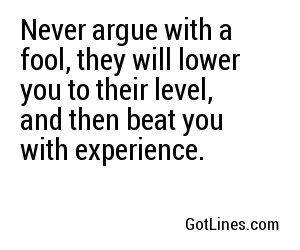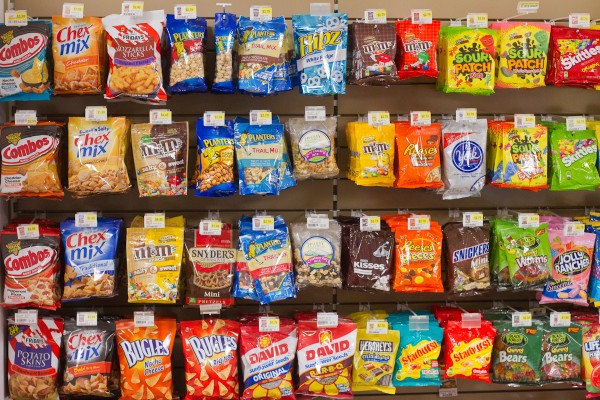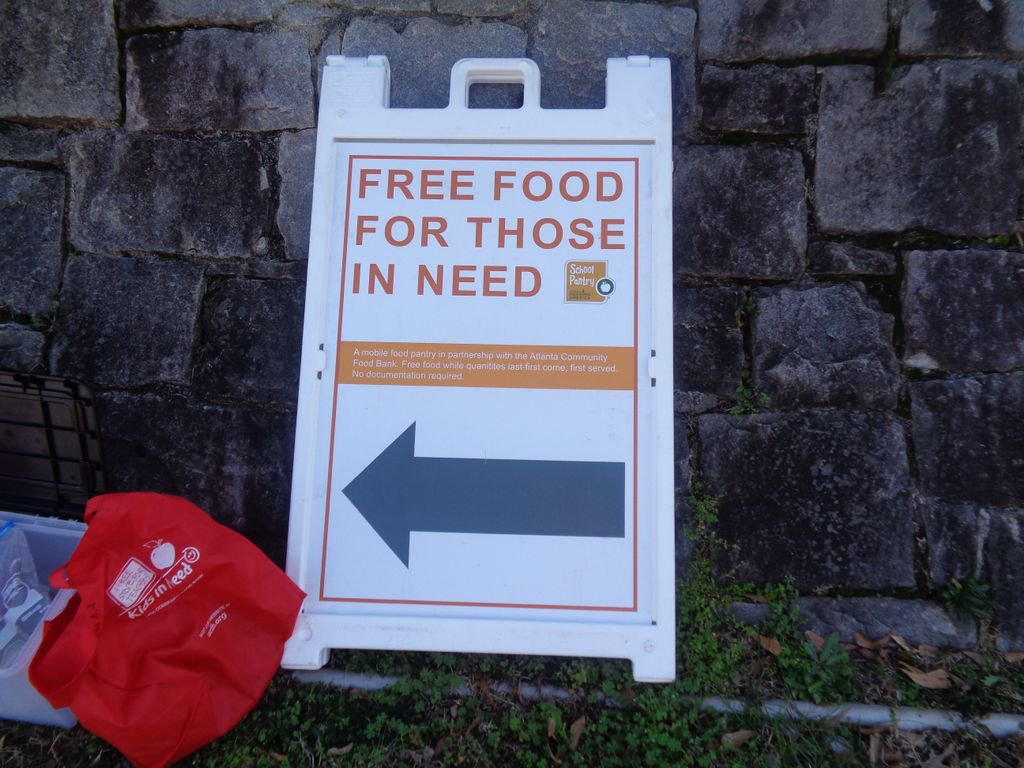Monday, July 1, 2019
If you argue with a fool…
Last month I decided I wanted to talk about more topics within LexCares2 outside of the issue of hunger. Hunger is very close to my heart, but I feel mental health has also taken a place in my heart. From our hearts and minds, we create our reality. If we are not right on the inside, our outside will reflect that chaos in our every day lives. That being said, I’ve decided to share more of my personal experiences in the hopes that other people will be able to relate and will feel less alone and less ashamed to speak about things that are genuinely bothering them. Part of mental illness is the inability to be one’s self and the feeling of being outcast or somehow set apart from the general public. I hope to help let people know it’s okay to talk about things that bother us, and we shouldn’t be ashamed of having feelings because feelings are what make us human and allow us to connect with one another on deeper levels.
That brings me to my first official LexCares2 video - “If you argue with fools, you end up looking foolish.” In this video, I talk about finding the deeper cause for someone who is attempting to tear you down with words and arguing with you or bullying you. We must understand that each of us is going through something or going through a multitude of things and that each of us deals with those hardships in different ways. If you’re more into getting to the point and want to know what lessons I’ve taken away from my experience during a recent argument, continue to read below!
Lesson: Learn not to take everything personally!
In this case, it’s good not to be selfish and to realize that not everything is about you. A lot of times when people are arguing, they’ll project insecurities onto you so be on the lookout for projections. There’s usually a deeper reason for why people are saying certain things about you. I know it can be difficult, but try to be understanding of the fact that everyone is going through something, and sometimes people just need to let out their frustrations. I’m not saying it’s right to take frustrations out on the people around you, but understand that we all cope with stress and insecurities differently.
.
Lesson: Don't let other people bring you out of character!
Take my example! So many things were said about me in a recent argument, but I did not let it get me out of character. I can take the jabs because I understand where people are coming from and understand that there's more going on for a person than. The only reason someone could be that mad is because of some deeper problems going on for them. Most of the time, the attack has nothing to do with me! And guess what? I ended up being right. Thank goodness I didn't stoop to this person's level because there turned out to be a lot of turmoil and insecurity within that person.
.
Lesson: Take inventory of the things being said about you!
When people speak badly about you, I think it's okay to take inventory of those things to see if anything rings true. I've found in most instances where someone is spewing hate that the things being said about me don't even apply to me, and that realization is what keeps me in good spirits and allows me to not take things personally. Think about the things that have been said about you, and compare those things against the kind of person you REALLY are! If nothing rings a bell, continue being amazing. If something strikes you, be thankful that you have something new to work on!
Lesson: When you argue with a fool, you end up looking foolish!
After taking some time to go through my character and realize that I am NOT the things that were being put onto me, I had to wonder, "Who was he talking about?" I could dissect everything that was said and realize that none of those toxic things pertained to me, so who was he talking about? He must have been projecting. I was so glad I didn't engage in a screaming war because I would have looked foolish arguing with someone over something that had nothing to do with me…
There are many more lessons in this video, but I think I’ll wait to reveal them in the coming weeks and/or months. Watch for yourself, and let me know what lessons you hear or realize from this video and from personal experiences you’ve gone through!
































